Keywords: Pressure
There are more than 200 results, only the first 200 are displayed here.
-

AUSTRALIA
- Tim Dunlop
- 26 October 2021
2 Comments
We are in the midst of what is being called the ‘the Great Resignation’, with millions of workers rethinking the place of work in their lives, and WFH is a huge part of this. According to a report by Microsoft, ‘over 40 per cent of the global workforce [is] considering leaving their employer this year’ and hybrid work — a combination of home and office work — is here to stay.
READ MORE 
-
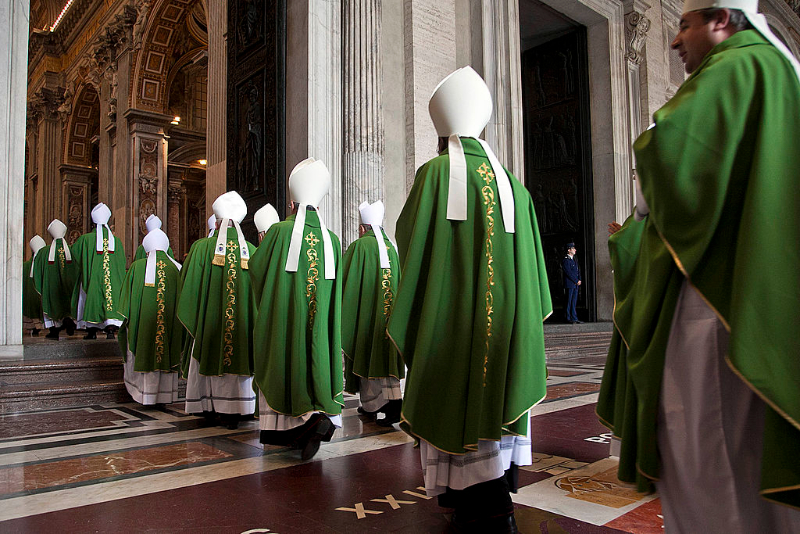
RELIGION
- Brian Lucas
- 21 October 2021
32 Comments
One takeaway from the First Assembly of the Plenary Council that might come as no surprise is that the controlling elite in the Church, the bishops, are not dependent on popular support. They are appointed not elected. They are generally irremovable. They come from a culture that is about preserving ‘the tradition’ (which can easily be expanded to include historical novelties that are not really part of the tradition). Moving into the new world of synodality brings obvious challenges.
READ MORE 
-
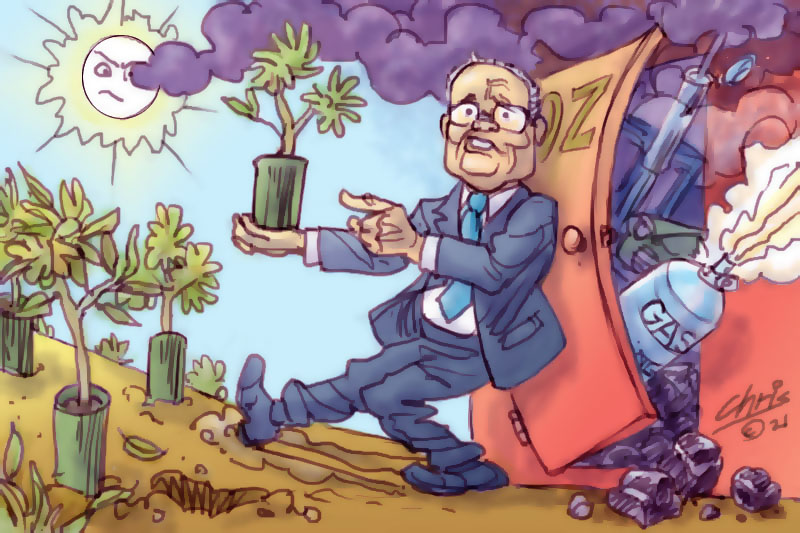
ENVIRONMENT
- Greg Foyster
- 18 October 2021
16 Comments
In July this year the UN ranked Australia dead last out for climate action out of more than 170 countries surveyed. Yes, our federal government’s climate policies are literally the worst in the world. But while Australia is a global laggard in reducing pollution, we’re something of a leader in covering up this failure and getting away with it.
READ MORE 
-
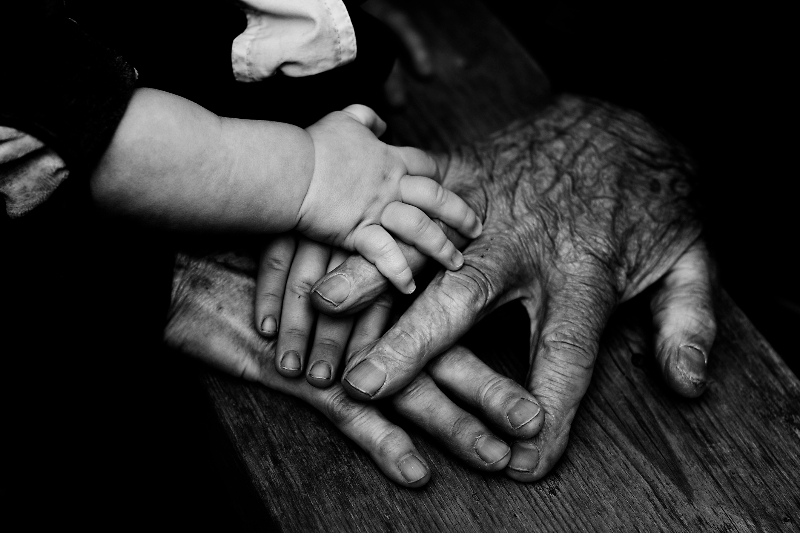
AUSTRALIA
- Andrew Hamilton
- 06 October 2021
40 Comments
Some weeks ago I wrote about the taking of human life and of the loss of its sacred connotations. I argued that the decisive consideration governing recent legislation in such issues as abortion and assisted dying has been the appeal to individual choice, supported by compassion for people who suffer from their denial. Whether we welcome this trend or regret it, as I do, we all have an interest in asking what effect it will have on society. In this article I would like to explore this question in a way that opens rather than closes conversation.
READ MORE 
-

ARTS AND CULTURE
- Catherine Marshall
- 30 September 2021
3 Comments
For almost two years our pets have had us all to themselves. Everywhere I go now, the dogs follow: to the study, to the television, to the bathroom, to bed. I’m the recipient of that same loyal companionship sought out by so many during the pandemic: across the world, demand to adopt or foster animals — and dogs, in particular — has surged.
READ MORE 
-
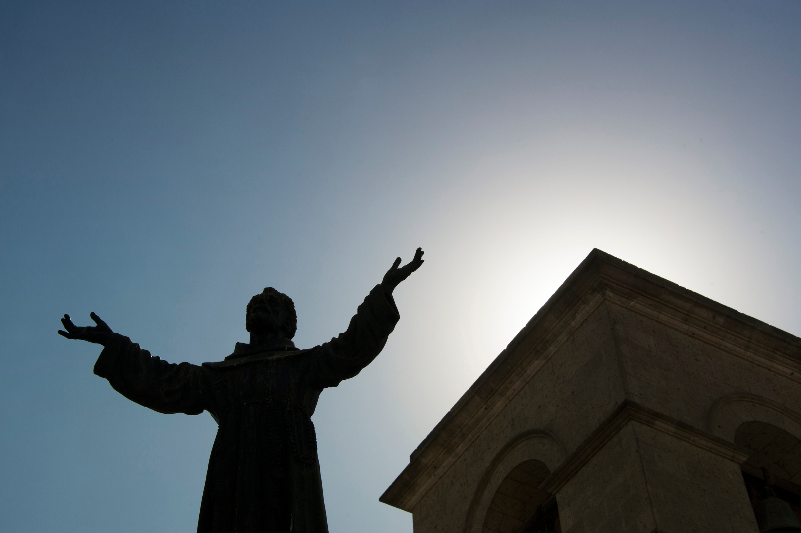
FAITH DOING JUSTICE
- Andrew Hamilton
- 29 September 2021
7 Comments
In the Catholic calendar the Feast of St Francis of Assisi falls on next Tuesday. Although he gave up on wealth, power and influence Francis probably had a bigger effect on his world than any of his contemporaries. He continues to attract people to challenge the values of our society and to spark renewal in Christian institutions at the risk of going stale.
READ MORE 
-

AUSTRALIA
- Andrew Hamilton
- 15 September 2021
7 Comments
A striking feature of the Australia’s path through Coronavirus has been the coming out of epidemiologists and social biologists. From being little known members of small institutes they became rock stars, invited to press conferences, deferred to by politicians, selectively chosen for comment by the media, but also resented by representatives of big business and defenders of individual freedom.
READ MORE 
-
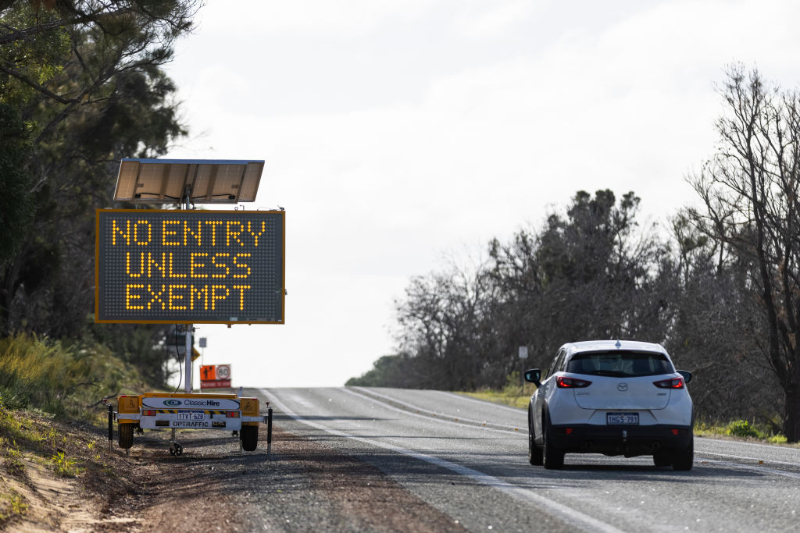
AUSTRALIA
- Frank Brennan
- 09 September 2021
5 Comments
Clive Palmer is one Australian wanting to smash border restrictions during this time of pandemic. He is threatening to go back to the High Court seeking recognition of his right as an Australian citizen to travel freely between the States. In particular he claims the right to enter Western Australia where he has significant mining interests.
READ MORE 
-
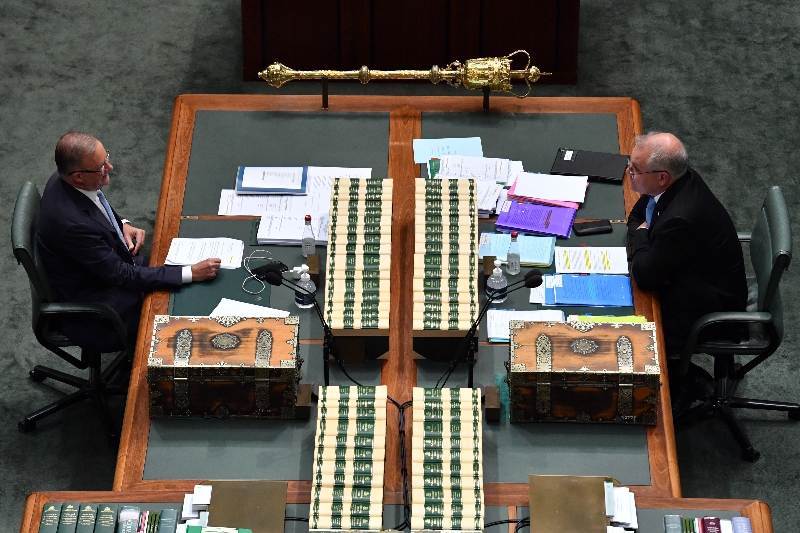
ECONOMICS
- Chris Smith
- 31 August 2021
11 Comments
In July, Anthony Albanese announced a significant change of stance on Labor tax policy which was disappointing, if not surprising. An elected Labor government, Albanese promised, would keep the coming high income tax cuts he previously opposed. This decision to not oppose the government proposal to restructure the income tax system through reduced marginal rates is supporting a government policy that will lead to a significant redistribution of wealth towards high income earners.
READ MORE 
-
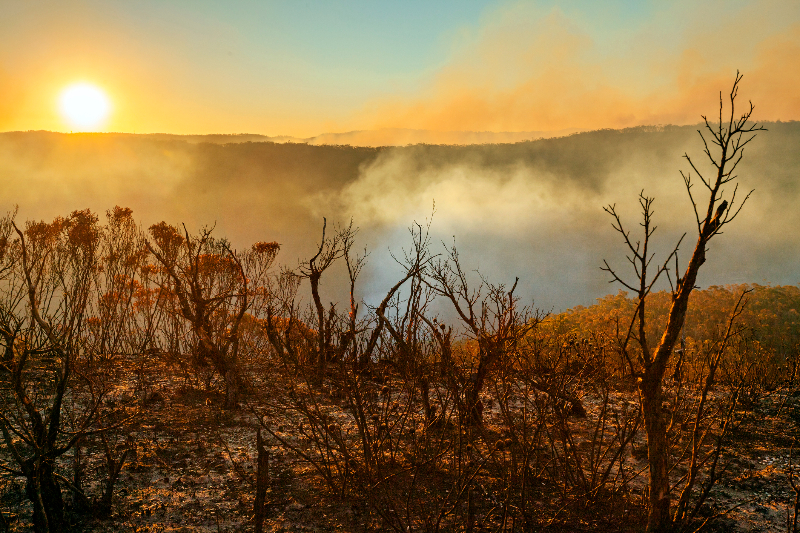
RELIGION
- Andrew Hamilton
- 19 August 2021
11 Comments
Last week the annual Catholic Social Justice Statement was launched. Entitled Cry of the Earth, Cry of the Poor, its theme is care for the environment. In the same week the authoritative Intergovernmental Panel on Climate Change (IPCC) Report warned of the need for immediate and radical effort to minimise emissions and of the likely effects of their existing growth.
READ MORE 
-

ECONOMICS
- David James
- 12 August 2021
4 Comments
The biggest mystery of the financial markets is why, when the monetary authorities have been printing money with their ears pinned back, is inflation for the most part not a problem? What happens with inflation is crucial to the short-term survival of the whole system. Global debt, which is running at well over 300 per cent of global GDP, is only sustainable because interest rates are exceptionally low (the base rate in Australia is only 0.1 per cent). And interest rates are low because inflation is not a problem.
READ MORE 
-

AUSTRALIA
- Joel Hodge
- 10 August 2021
13 Comments
Whatever one thinks of the Census21 campaign, I agree with the implicit aim: all people should be honest in answering the Census questions. It doesn’t matter whether one is affiliated to a major religion, no religion, or has another spirituality not listed, it is crucial that we give compete answers that reflect our real lives.
READ MORE 